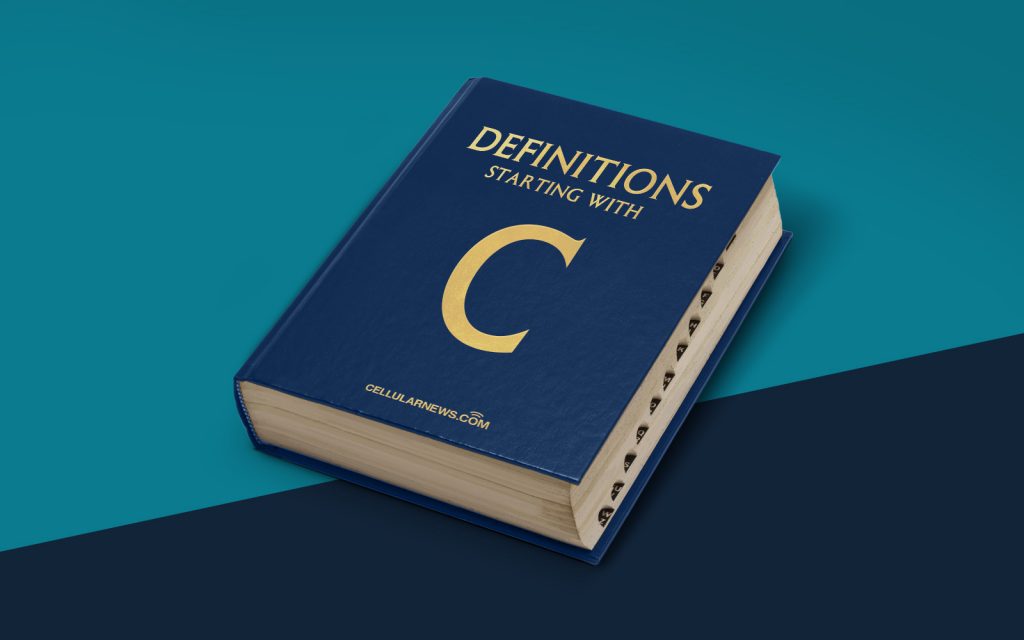
What is Cloaking and How Does it Impact SEO?
Welcome to our “Definitions” category! Today, we are going to dive into the concept of cloaking, a technique that is often discussed in the realm of SEO. If you are curious about what cloaking is and how it can affect your website’s search engine rankings, you’ve come to the right place. In this blog post, we will unravel the mysteries of cloaking and explore its impact on SEO.
The Definition of Cloaking
Cloaking is a controversial SEO practice that involves presenting different versions of web content to search engines and users. It essentially means showing search engines one set of content while displaying a different set of content to human visitors. This technique aims to deceive search engines into ranking the website higher by making it appear more relevant and valuable than it actually is.
Key Takeaways:
- Cloaking is a practice that presents different versions of content to search engines and users.
- It aims to deceive search engines and manipulate rankings by appearing more relevant and valuable than it actually is.
In general, cloaking is considered a black hat SEO technique and violates the guidelines set by search engines. The reason behind this is that it undermines the user experience and trustworthiness of websites. When users click on a search result expecting to find specific information, only to be met with content unrelated to their query, it creates a negative experience and erodes trust in search engines.
So how does cloaking impact SEO?
- Penalties: Search engines such as Google take a strong stance against cloaking. If detected, websites engaging in this practice may face penalties, including being removed from search engine results altogether.
- Loss of Visibility: Cloaking can negatively impact a website’s visibility as it goes against search engines’ goal of delivering relevant and accurate results to users.
- Damage to Reputation: Engaging in cloaking can damage a website’s reputation, leading to a loss of trust from both users and search engines. Building trust and credibility takes time and effort, but it can be easily eroded by unethical practices.
As an aspiring SEO professional or website owner, it is crucial to understand that implementing cloaking can have severe consequences. Instead, focus on employing white hat SEO techniques that prioritize user experience, relevance, and transparency. By creating high-quality content, optimizing your website structure, and following search engine guidelines, you can improve your chances of ranking well in search results and build a sustainable online presence.
In conclusion, cloaking is a deceptive SEO practice that aims to manipulate search engine rankings. However, it is important to note that this technique goes against search engine guidelines and can lead to severe penalties. To achieve long-term success in the world of SEO, it is best to stay away from cloaking and invest in ethical strategies that prioritize the user experience and provide valuable content.
